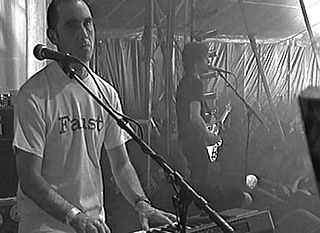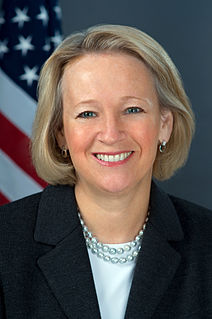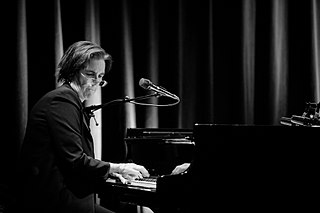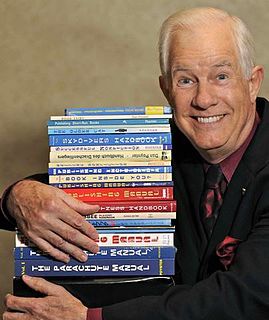A Quote by Sue Grafton
I caution writers all the time to slow down and pay more attention to the work in front of them than to the end result. I don't think you write one book and get anywhere. I think you write five books and then maybe you are finally on the right path.
Related Quotes
You can't write a book if you've never read a book. And if you've read five books and you try to write a book, your book will mainly encompass the themes and the context of the five books you've read. Now, the more books you read, the more you can bring to a book when you decide to write one. So the more rap I learned, the more I was able to bring to rap when I decided to rap. But this was all subconscious.
People don't want to pay for pitches. They want to see it. If you hear one more time, "Well, that's execution-dependent." Everything's execution-dependent! If there's something that's going to be a little bit more interesting than The Untitled Slinky Movie, then I think that writers that want to do interesting work and at the same time commercial work need to put it down on paper. So agents and producers that writers are working with are encouraging them to get it on paper because the studios like to see what they're buying rather than just imagine what it could be.
I don't write as much now as I used to, but I write. The lines still come, maybe periodically, and I'll go through these little bursts of time where I write a lot of things then a long period of time where maybe I don't write anything. Or these lines will come into my head and I'll write 'em down in a little book, just little sets of lines, but I won't try to make stories or poems out of them. I'm doing a lot of that now, just the lines.
I don't know a lot of writers, even writers who have been on the bestseller list for a few weeks, or writers who have gotten movie options, who can live on just their writing income. Once you break it down to the years it took to write the book, place it, promote it, and you pay the agent, pay the taxes, the annual income is not enough to live on comfortably. I do not have a starving artist inclination. I'm from the working class. I don't feel creative unless I feel like my house is going to be there and I'm going to be fed. I can't worry about money and write. Maybe some people can.
As I get older I find myself thinking about stories more and more before I work so that by the time I eventually sit down to write them, I know more or less how it's going to look, start or feel. Once I do actually set pencil to paper, though, everything changes and I end up erasing, redrawing and rewriting more than I keep. Once a picture is on the page I think of about ten things that never would have occurred to me otherwise. Then when I think of the strip at other odd times during the day, it's a completely different thing than it was before I started.
As soon as I sat down to write music, really, with Café Blue. I just can't think about that when I sit down to write. I don't let myself. I actually don't allow myself to look at sales figures. Ever. I get the general impression that I'm not selling like Norah Jones, but I don't really pay too much attention, because I think it would corrupt me.
A lot of people who don't write for kids think it's easy, because they think kids aren't as smart as they are, or that you have to dumb down what you would normally write for kids. But I think you have to work harder when you write for kids, to make sure every word is right, that it's there for the right reason.






































